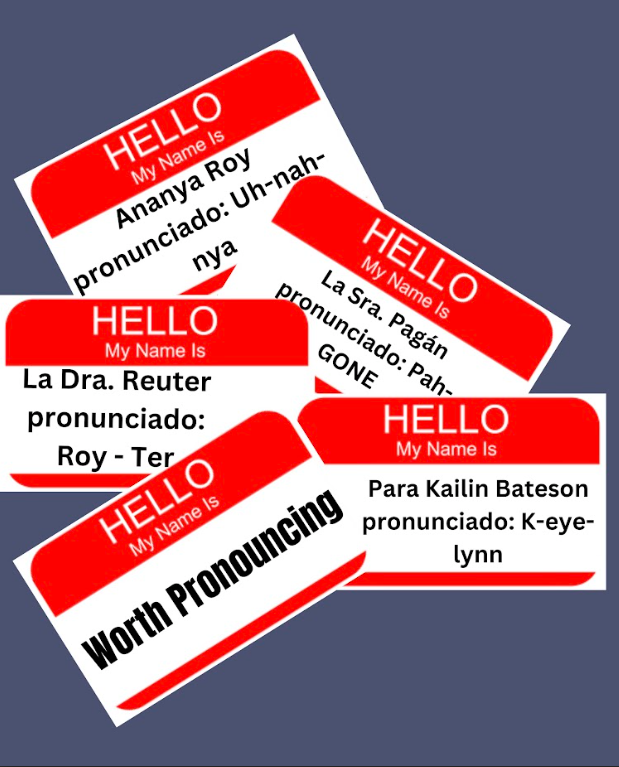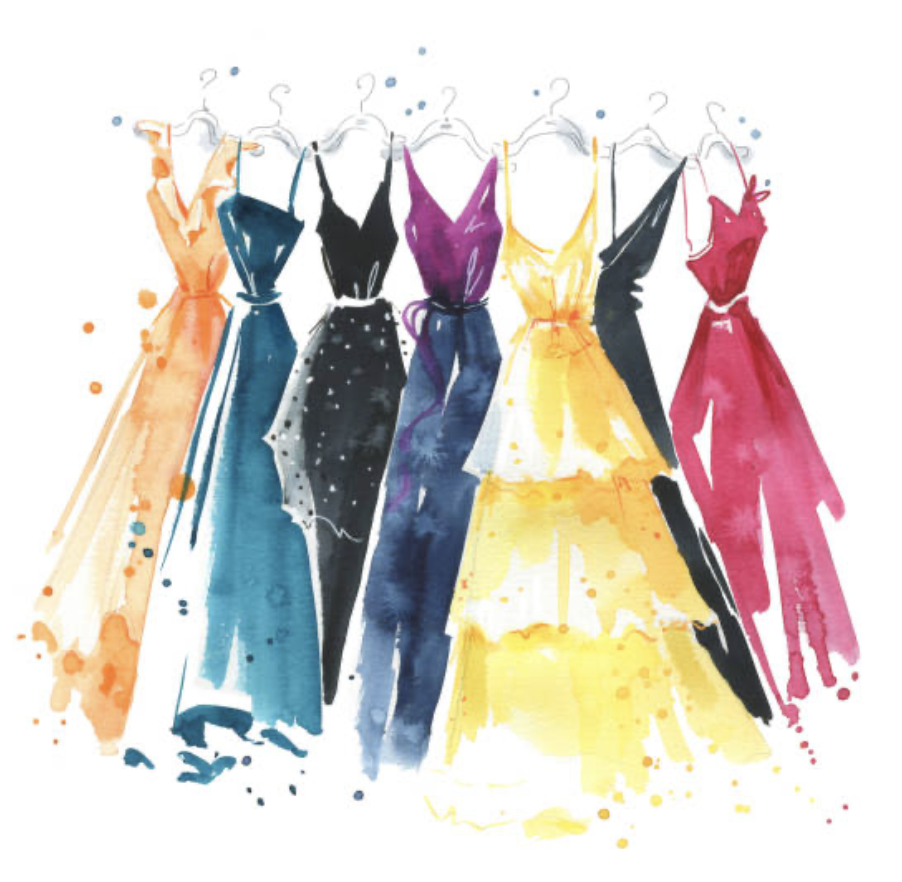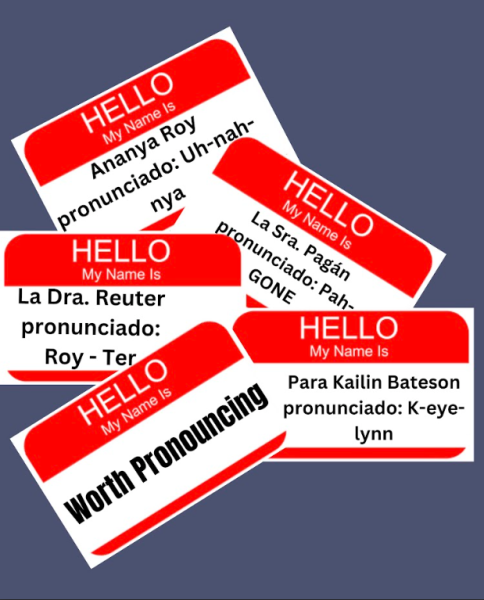Drop Your God Complex Over Music
How many times have you opened Spotify in the middle of class and turned the brightness down so no one sees what you’re listening to? How many times have you avoided collaborative playlists because of how people might react to your music taste?
Many consider music to be the true universal language. It pulls from all cultures, molding innovative genres with each song. The beauty of music has been muted by the constant competition between people and their supposedly superior music palates.
This past summer, season four of Stranger Things caused a surge of metal elitists to swarm the Internet, unnerved by the sudden popularity of Metallica, which was featured in the show’s soundtrack. They found it unimaginable that fans started to listen to Metallica’s “Master of Puppets” song, deeming them “posers” for discovering the band through a TV show.
What they failed to realize is that Metallica is one of the most famous metal bands in the world. More than 22 million people listen to them each month on Spotify. Trying to gatekeep Metallica’s music is not just irrational. It is simply impossible.
If you enjoy an artist’s mainstream songs, I am sure someone has told you that you are a “fake fan.” That distinction is wrong because if the song is the artist’s number-one hit, it is popular for a reason. Something about that song drew many people to it, including yourself. That artist is doing something right, and you are nothing short of a fan if you appreciate and support that.
Even music genres themselves are judged. I have heard it all: “Punk music is too fast! Metal is just screaming into a microphone! Pop is not creative! Jazz is boring!” I believe these are reductive generalizations. Even author Ian King wrote 459 pages describing over 200 sub- and micro-genres in rock music alone.
All of this judgment, whether directed at an individual or the music they listen to, affects their ability to enjoy music. Aaron Mathes, a B-CC senior and musician, believes that differences in music preferences are inevitable and that is “one of the reasons music is wonderful.” It can bring people together, unlike the way judgment tears us apart.
If you like a song or genre and someone else does not, they are not wrong. It is natural to value your personal music taste, but your passion becomes problematic when you ridicule others for having a different taste in music.

Roxie Jenkin is a writer for the Tattler that specializes in features and opinion. She hopes to one day write for Creem Magazine and will do anything for...
Nat is a B-CC senior and is reprising his role as section director of art and photography for the second year in a row. In his free time, Nat enjoys boxing,...















































